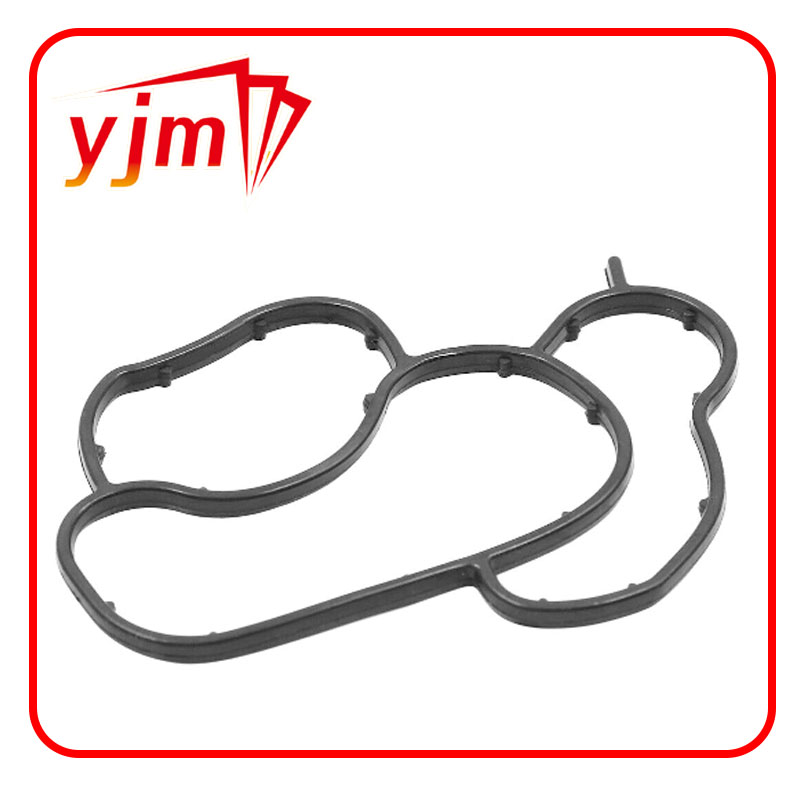Oil Drain Screw Gasket Oil Crush Washer 12157-10010


Many experienced automotive technicians argue that despite its humble appearance, the quality of the oil drain plug washer can reflect on overall vehicle maintenance quality. Selecting premium washers from reputable brands can offer peace of mind by ensuring durability and performance. Some brands even infuse their washers with additional coatings to enhance corrosion resistance, making them an ideal choice for vehicles frequently exposed to harsh weather or corrosive elements. In addition to choosing the right washer, maintaining a detailed service log is recommended for those who are particularly meticulous about vehicle care. Documenting each component used during an oil change, along with the type of oil and filters, can assist in tracking vehicle health over time and provide valuable insights during diagnostics. Trust in a product also stems from verifiable reviews and testimonies from other car owners or mechanics who have had firsthand experience. Therefore, tapping into automotive forums, review sections on e-commerce sites, or even social media groups dedicated to car maintenance can be invaluable. This peer feedback loop offers authentic accounts of a product's performance and reliability. In conclusion, the oil change washer might be a small part, but it holds a significant role in ensuring the well-being of your engine. Its effective functioning is pivotal for preventing leaks and maintaining optimal oil pressure. Investing in high-quality washers and adhering to proper installation guidelines can reflect positively on your vehicle’s longevity and operation. Prioritize choosing the right component and stay informed through community engagement to maximize both vehicle performance and owner satisfaction.
-
The Ultimate Guide to Car Repair Kits: Tools and Essentials Every Driver Should Own
News Aug.01,2025
-
The Complete Guide to Oil Pan Gaskets: Sealing Engine Leaks the Right Way
News Aug.01,2025
-
Preventing Oil Leaks: A Complete Guide to Oil Pan Gaskets and Drain Seals
News Aug.01,2025
-
Everything You Need to Know About Oil Pan Gaskets and Drain Plug Seals
News Aug.01,2025
-
Essential for Car Owners: How to Use a Car Repair Kit to Deal with Minor Breakdown
News Aug.01,2025
-
Comprehensive Guide to Engine Oil Sump Gaskets and Related Seals
News Aug.01,2025
-
The Ultimate Guide to Boat Propeller Bearings and Trailer Wheel Bearings
News Jul.31,2025
Products categories















